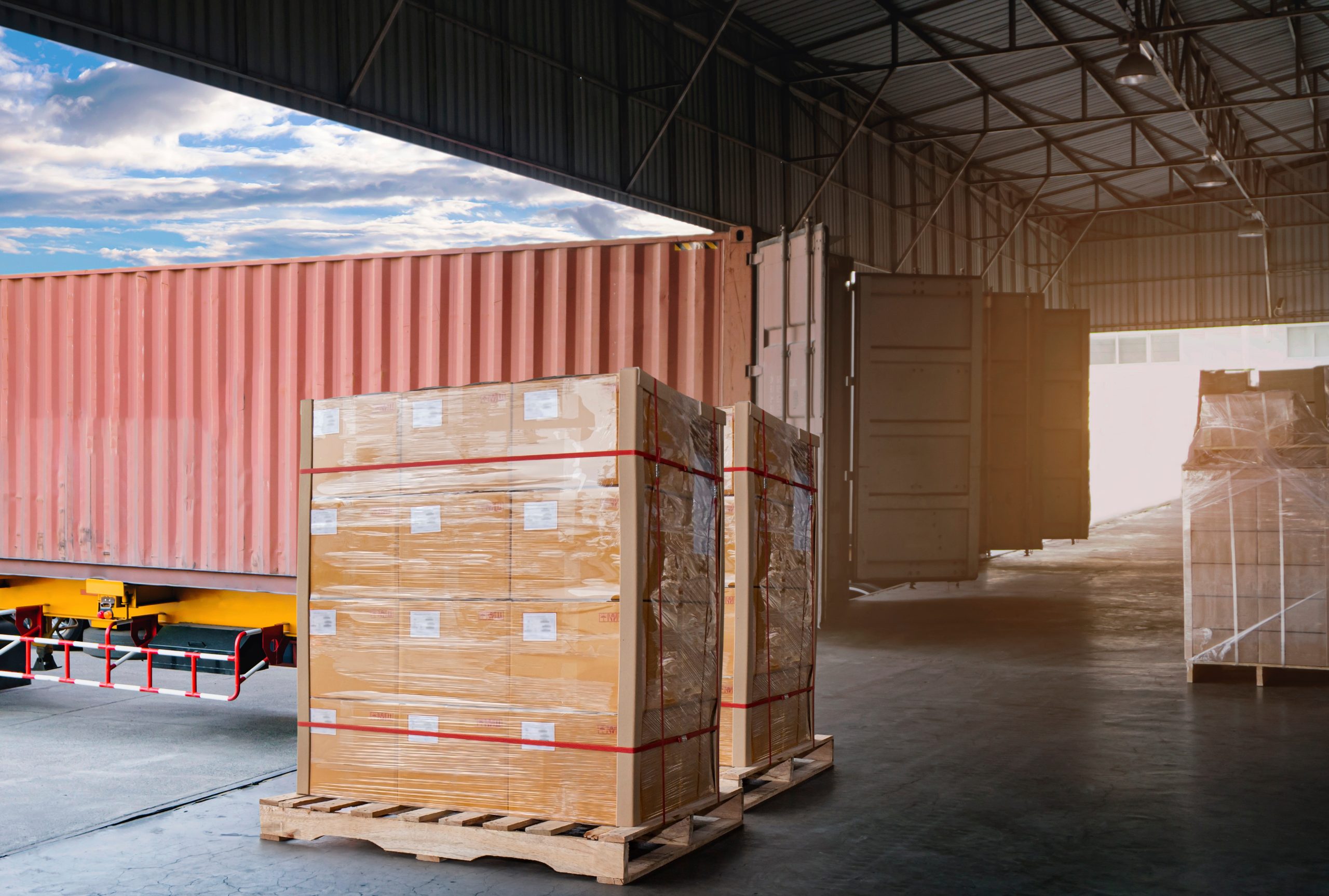A Step-by-Step Guide to Shipping Your Goods from Ethiopia to Rwanda
A Step-by-Step Guide to Shipping Your Goods from Ethiopia to Rwanda
Are you a business owner looking to expand your operations in East Africa? Do you need help navigating the complex process of shipping your goods from Ethiopia to Rwanda? Look no further! We’ve got you covered with our step-by-step guide to streamline your logistics and ensure timely delivery of your products. From documentation requirements to choosing the right mode of transportation, we’ll walk you through every detail so that you can focus on growing your business. Let’s get started!
Overview of Shipping from Ethiopia to Rwanda
Shipping your goods from Ethiopia to Rwanda can be a complicated process, but it doesn’t have to be. By following this step-by-step guide, you can ensure that your shipment arrives safely and on time.
1. Choose a reputable shipping company: There are many shipping companies that offer service between Ethiopia and Rwanda, so it’s important to do your research to find one that is reliable and has a good reputation.
2. Get all the necessary documents in order: Before you can ship your goods, you’ll need to make sure you have all of the required documents, including a bill of lading, customs declaration form, and insurance certificate.
3. Pack your goods properly: Proper packaging is essential for ensuring that your goods arrive safely at their destination. Be sure to use sturdy boxes or crates and secure them with tape or strapping.
4. Choose the right shipping method: There are several shipping methods available, each with its own advantages and disadvantages. Choose the one that best suits your needs in terms of speed, cost, and security.
5. Track your shipment: Once your shipment has been sent, be sure to track it so you know when it is expected to arrive. This will allow you to plan accordingly and make arrangements to receive your goods when they arrive.
What You Need to Know Before Shipping
Before shipping your goods from Ethiopia to Rwanda, there are a few things you need to know. First, you need to make sure that your goods are properly packaged and labelled. Second, you need to research the best shipping option for your particular shipment. Third, you need to be aware of any customs regulations that may apply to your shipment. You need to track your shipment so that you can ensure it arrives safely at its destination.
Step-by-Step Guide to Shipping Your Goods
In this section, we will provide a step-by-step guide on how to ship your goods from Ethiopia to Rwanda. We will cover the following topics:
1. How to choose a shipping company
2. How to prepare your goods for shipping
3. How to track your shipment
Choosing a Shipping Company
When choosing a shipping company, you should consider the following factors:
-The company’s reputation
-The cost of shipping
-The transit time
-The insurance coverage
-The mode of transport (air, sea, or land)
You can research shipping companies online or ask for recommendations from friends or family. Once you have chosen a shipping company, you should get in touch with them to obtain a quote.
Preparing Your Goods for Shipping
Once you have chosen a shipping company, you need to prepare your goods for shipping. This includes packing your goods securely and labeling them correctly. You should also make sure that your goods are insured.
Tracking Your Shipment
After you have shipped your goods, you can track the shipment online using the tracking number provided by the shipping company. This will allow you to see where your shipment is and when it is expected to arrive.
Tips and Tricks for a Smooth Shipping Experience
If you’re planning on shipping goods from Ethiopia to Rwanda, there are a few things you can do to ensure a smooth and hassle-free experience. Here are a few tips and tricks:
1. Make sure you have all the necessary documentation in order. This includes a bill of lading, commercial invoice, and packing list.
2. Pack your goods properly. Use sturdy boxes and packaging material to protect your items during transit.
3. Choose a reputable shipping company. Do some research to find a company with a good reputation and track record.
4. Keep track of your shipment. Get tracking information from your shipping company so you can stay up-to-date on the status of your shipment.
5. Be prepared for delays. Unfortunately, delays are often unavoidable when shipping internationally. Build some extra time into your schedule to account for potential delays.
Documentation Required for Exporting Goods from Ethiopia to Rwanda
When exporting goods from Ethiopia to Rwanda, documentation is required in order to ensure that the shipment arrives safely and without any issues. The following documents are needed for all shipments:
-Commercial Invoice: A commercial invoice is required for all shipments and must include a detailed description of the goods being shipped, as well as the value of the shipment.
-Packing List: A packing list is required in order to properly document the contents of your shipment. This will help to ensure that your goods arrive safely and without any damage.
-Bill of Lading: A bill of lading is required in order to ship your goods via ocean freight. This document will detail the route of your shipment and will be used by the shipping company to track your goods.
-Insurance Certificate: An insurance certificate is not required, but it is highly recommended in order to protect your shipment against any damages that may occur during transit.
Customs Regulations, Restrictions, and Procedures
When shipping goods from Ethiopia to Rwanda, it is important to be aware of the customs regulations, restrictions, and procedures in both countries. In Ethiopia, all imports and exports must be declared to the Ethiopian Customs Authority. There is a standard import duty of 10% on most goods, with some exceptions for items such as pharmaceuticals and medical supplies. There are also restrictions on the import of certain items, such as alcohol and tobacco. In Rwanda, all imports and exports must be declared to the Rwanda Revenue Authority. The standard import duty is 20% on most goods, with some exceptions for items such as food and medical supplies. There are also restrictions on the import of certain items, such as alcohol and tobacco.
Common Challenges Faced When Shipping from Ethiopia to Rwanda
There are a few common challenges that people face when shipping goods from Ethiopia to Rwanda. The first challenge is finding a reliable shipping company. There are many companies that claim to be able to ship goods from Ethiopia to Rwanda, but not all of them are reliable. It is important to do your research and read reviews before selecting a shipping company.
The second challenge is dealing with customs. Customs can be a tricky process, and it is important to make sure that all of your paperwork is in order before shipping your goods. If you are not familiar with the customs process, it is advisable to work with a customs broker who can help you navigate the process.
The third challenge is ensuring that your goods arrive safely at their destination. This includes making sure that your goods are properly packaged and labeled, and that you have selected the right shipping option for your needs. It is also important to track your shipment so that you can ensure that it arrives on time and in good condition.
Conclusion
Shipping goods from Ethiopia to Rwanda doesn’t have to be a daunting task. By following the step-by-step guide outlined in this article, you can ensure that your shipment arrives safely and on time. Whether you are shipping for personal or business reasons, understanding the process of international shipping will help you make an informed decision about which carrier is right for you. With careful planning and expert advice, your goods will arrive safe and sound at their destination with minimal hassle or cost involved.








LEAVE A COMMENT
You must be logged in to post a comment.